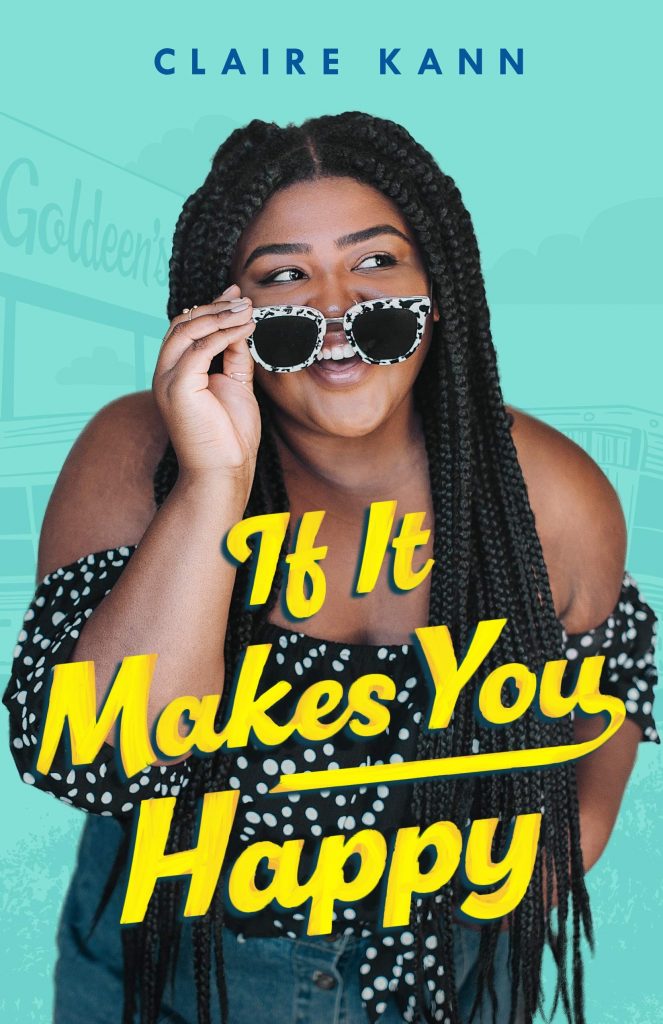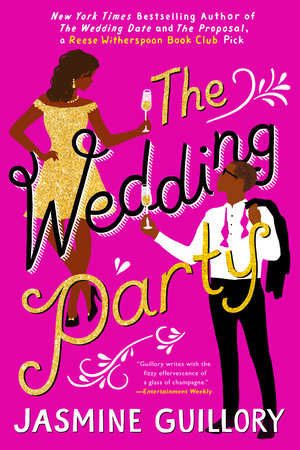 Just before I sat down to write this post, I watched an Instagram video by Brittany Packnett Cunningham regarding yesterday’s #BlackOutTuesday social media trend, which saw Instagram users post images of a black square in solidarity with the Black Lives Matter movement. In this video, Cunningham says to her fellow Black people, “Your happiness, or your joy or your frustration … people need to see all of these messages coming from Black people, because us being full human beings is in and of itself an act of resistance—our existence is resistant.” And this sentiment is really the core of what I want to share today. If you’re a white person, or even a non-Black POC, you may be wondering how to support the fight for racial equality specifically for Black communities around the world. Anti-blackness is a global problem; it might be the loudest in America, what with their endless spate of cop-instigated murders, but the fact is that worldwide, people of African descent are uniformly treated the worst. According to an article in The Guardian from 2019, “In today’s Brazil, black people are still treated as second-class citizens; while in India, students of African origin are persecuted. In South Africa, a majority black country, 72% of the country’s private farmland is owned by white people, who make up 9% of the population.”
Just before I sat down to write this post, I watched an Instagram video by Brittany Packnett Cunningham regarding yesterday’s #BlackOutTuesday social media trend, which saw Instagram users post images of a black square in solidarity with the Black Lives Matter movement. In this video, Cunningham says to her fellow Black people, “Your happiness, or your joy or your frustration … people need to see all of these messages coming from Black people, because us being full human beings is in and of itself an act of resistance—our existence is resistant.” And this sentiment is really the core of what I want to share today. If you’re a white person, or even a non-Black POC, you may be wondering how to support the fight for racial equality specifically for Black communities around the world. Anti-blackness is a global problem; it might be the loudest in America, what with their endless spate of cop-instigated murders, but the fact is that worldwide, people of African descent are uniformly treated the worst. According to an article in The Guardian from 2019, “In today’s Brazil, black people are still treated as second-class citizens; while in India, students of African origin are persecuted. In South Africa, a majority black country, 72% of the country’s private farmland is owned by white people, who make up 9% of the population.”
It’s clear we all have a lot of work to do to eradicate anti-blackness and work towards an antiracist society. But like any problem, you can’t fix it until you acknowledge it. And one of the greatest tools we have at our disposal is an abundance of resources to encourage thoughtful allyship. From these resources, we can not only learn about the grand, systemic forms of racism, but the smaller, everyday instances that we unconsciously play a part in. And we can learn, and listen, and grow together, for the better. In this post, the resources I want to highlight speak to another, quieter facet of racism that isn’t always acknowledged. I want to highlight the expression of joy.
The suppression of joy is not relegated only to Black authors. E.M. Forster’s Maurice, a novel about a gay man in Edwardian England, was written in 1914 but not published until after Forster’s death in 1971. The reason? Maurice has a happy ending. “If it ended unhappily,” Forster writes in a post-novel note, “with a lad dangling from a noose or with a suicide pact, all would be well … But the lovers get away unpunished and consequently recommend crime.” While this sounds wildly archaic by today’s standards, morally-driven publishing criteria are still enforced on non-white authors. In an earlier post on racist trends in publishing, I noted the love of “trauma porn” that is valued in books by authors of non-Western descent. In another article from The Guardian, this one from 2015, “the ‘best chance of publication’ for a black, Asian or minority ethnic (BAME) writer was to write literary fiction conforming to a stereotypical view of their communities, addressing topics such as ‘racism, colonialism or post-colonialism’.” Though these are absolutely topics that need to be addressed, they aren’t the only topics. Gatekeeping what stories writers of colour are allowed to share enforces a white-controlled narrative, whether intentional or not. It denies humanity and individual personhood, promotes pity rather than empathy, offers a head pat rather than extends a hand. POC are to be seen not as regular people, but rather as the sum of their traumas. A sneaky form of segregation, the spheres remain separate: their stories and our stories.
 But if we make more space for non-white voices, a space that allows genuine expression, suddenly a new story is told. For most people, life isn’t an endless trudge of misery and pain. Anyone from an immigrant family can tell you that amidst the adversity, people are still people, and they’re wont to seek out happiness as much as anyone. In a Teen Vogue article for Black History Month, A. Rochaun Meadows-Hernandez says, “I can’t pinpoint the exact moment the world first informed me that Black women were supposed to move through life with suffering and pain. Growing up, most of the depictions of Blackness I saw around me were in the context of struggle.” (side note: Teen Vogue’s pivot to social activism is one of the best, more surprising developments of the past few years). I think this sort of realization is common among anyone who is not the default Straight White Man. As a white person I am privileged, but I am still a woman, so that privilege only extends so far. And I can remember a moment when it hit me that though I see myself as human first, to the world I am woman first. I imagine that goes triple for a woman who is not white, or not straight, or not straight and not white. When a Black woman expresses joy, society is confused. She does not fit into the narrative role carved out for her. Happiness is, as Brittany Packnett Cunningham points out, an act of rebellion. It’s depressing that stories of joy can be considered radical, but that’s where we are.
But if we make more space for non-white voices, a space that allows genuine expression, suddenly a new story is told. For most people, life isn’t an endless trudge of misery and pain. Anyone from an immigrant family can tell you that amidst the adversity, people are still people, and they’re wont to seek out happiness as much as anyone. In a Teen Vogue article for Black History Month, A. Rochaun Meadows-Hernandez says, “I can’t pinpoint the exact moment the world first informed me that Black women were supposed to move through life with suffering and pain. Growing up, most of the depictions of Blackness I saw around me were in the context of struggle.” (side note: Teen Vogue’s pivot to social activism is one of the best, more surprising developments of the past few years). I think this sort of realization is common among anyone who is not the default Straight White Man. As a white person I am privileged, but I am still a woman, so that privilege only extends so far. And I can remember a moment when it hit me that though I see myself as human first, to the world I am woman first. I imagine that goes triple for a woman who is not white, or not straight, or not straight and not white. When a Black woman expresses joy, society is confused. She does not fit into the narrative role carved out for her. Happiness is, as Brittany Packnett Cunningham points out, an act of rebellion. It’s depressing that stories of joy can be considered radical, but that’s where we are.
So let’s put that radicalism into effect, and start recognizing and celebrating Black joy! In a blog post from 2019, Shade Lapite says, “Right now, when it comes to Black books, we are missing the light, funny, optimistic half. And goodness, if there’s a group of people that deserve uplifting, joyful, life-affirming art, surely it’s Black people.” These books aren’t necessarily missing, but they do tend to be in the children and young adult departments—a trend true of just about every socially progressive representation. So if you’re normally averse to reading books aimed at children, well, now is your chance to branch out! Below are some books with Black protagonists that engage in the same spaces as white ones (romantic comedies, coming of age, fantasy, etc.) and that give a big old F— You to the status quo!
Children’s Lit
• Crown by Derrick D. Barnes
• Princess Hair by Sharee Miller
• Sulwe by Lupita Nyong’o
• Jabari Jumps by Gaia Cornwall
• Hey Black Child by Useni Eugene Perkins
• Last Stop on Market Street by Matt de la Peña
• Hands Up by Breanna J. McDaniel
YA Lit
• Opposite of Always by Justin A. Reynolds
• If It Makes You Happy by Claire Kann
• Full Disclosure by Camryn Garrett
• Children of Blood and Bone by Tomi Adeyemi
• Solo by Kwame Alexander
• Dear Haiti, Love Alaine by Maika Moulite
• With the Fire on High by Elizabeth Acevedo
• Felix Ever After by Kacen Callender
• Watch Us Rise by Renée Watson
Adult Lit
• Queenie by Candice Carty-Williams
• The Wedding Party by Jasmine Guillory
• The City We Became by N.K. Jemisin
• The Girl With the Louding Voice by Abi Daré
• I Almost Forgot About You by Terry McMillan
• Black Leopard, Red Wolf by Marlon James
• Girl, Woman, Other by Bernardine Evaristo
• Five-Carat Soul by James McBride